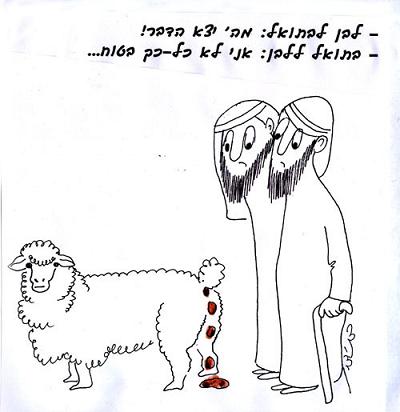
The early sages ruled that one may not wed on Chol HaMoed Sukkot or Passover, the reason being that Chol HaMoed is a holiday upon which we must rejoice and we are not to mix that rejoicing with rejoicing for any other cause.
The sage Samuel permitted engaging a woman to marry on Chol HaMoed. [In Biblical times and the era of Chazal the marriage ceremony consists of two actions separated in time, sometimes even a year apart — engagement, in which the man sanctifies the women, though they are still not permitted to live together, and marriage, in which the man takes the woman to his house. In our days both actions are performed under the chuppah, a symbol of their joint home. Some have the couple go into an isolated room as a symbol of her entering his house.] The sage Samuel permitted engagements on Chol HaMoed, though the early sages forbade any rejoicing which is not based on the holiday. The reason for the permission was the fear that a different man would come along and marry the woman. The scholars asked: Why did the sage Samuel fear another man would come and marry the woman? He himself was of the opinion that “Each and every day a bat kol issues from the heavens and announces couples, that this shall marry that.” It is all pre-ordained. If the heavens declare that Reuben shall marry Leah, it is impossible that Simon would come along and marry her, in contradiction to the declaration of the heavens. If so, why did the sage Samuel permit engagements lest another man marry the chosen woman? Answer: It is possible that another man will covet the chosen woman and will pray that G-d change His decree. Therefore the sage permitted engaging a woman even on Chol HaMoed. There was an incident involving the sage Rava who heard a man praying to G-d and asking for a certain woman to be his wife. The sage told the praying man “There is no point in your prayer; if it has been decreed by the heavens that this woman will be your wife, it will be so, and if not, your prayers are for naught. When you find out that she will not be your wife you will be disappointed and your faith in G-d will be damaged; you will come to apostasy.” Afterwards he heard the language of the man praying for the woman whom he desired: “May G-d either kill me before I see my love married to another or let the woman die before me.” The sage said to him “I told you that your prayers were inappropriate, for this prayer may be accepted by G-d.” This is why the sage Samuel feared another man — another man might pray that the woman would die before the wedding. This idea, that G-d decrees which couples will wed, finds support in the Scriptures. From the Pentateuch: “Then Laban and Bethuel answered and said, “The thing comes from the Lord” (Genesis 24:50). This shows that G-d preordained the marriage of Rebecca and Isaac. From the Prophets: “But his father and mother did not know that it was of the Lord” (Judges 14:4). Samson was intended for Delilah, though she was a gentile, for it was predestined by G-d. From the Writings: “Houses and riches are an inheritance from fathers, but a prudent wife is from the Lord” (Proverbs 19:14). Though property — a home and money — are one’s inheritance from one’s fathers, a man’s wife is Divine predestination.
(Babylonian Talmud, Tractate Moed Katan 18b)
